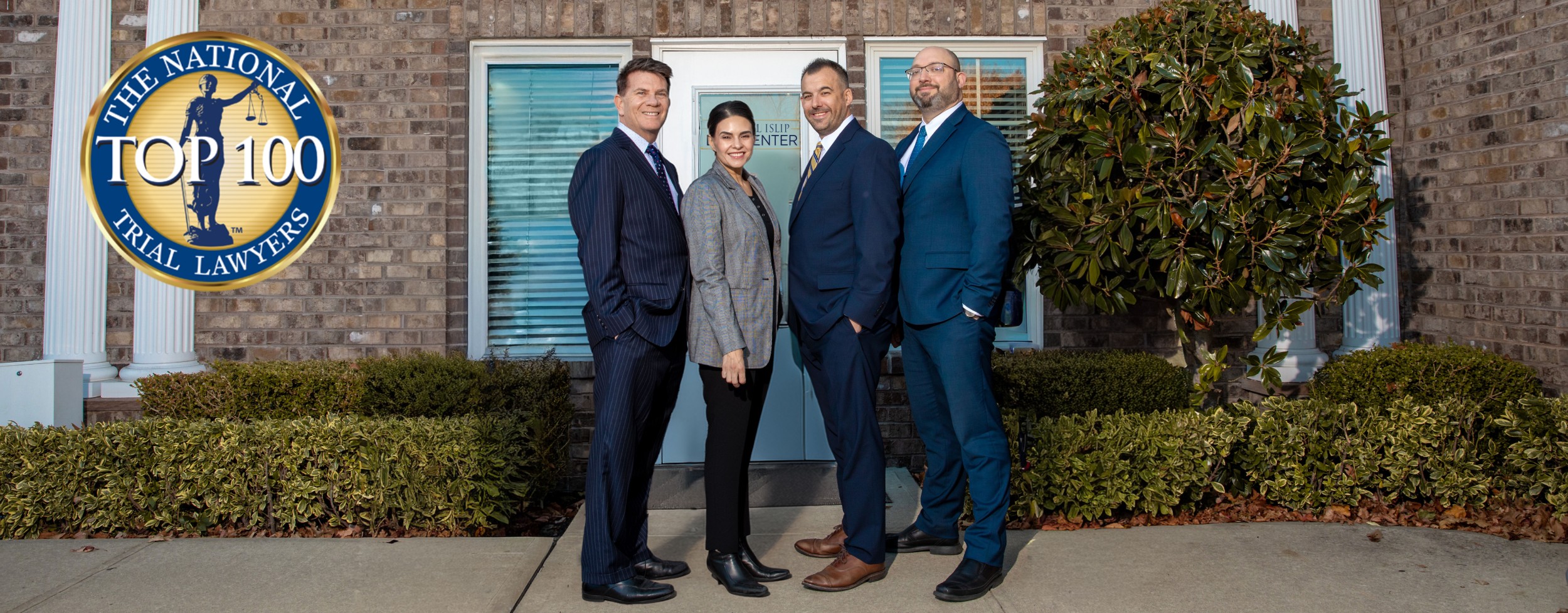Being pulled over by the police is always a stressful event, even if you don’t believe you’ve done anything wrong. You know, at the very least, that you’re likely going to have an intimidating conversation, may wind up with a ticket, and are very likely to be late to wherever you’re trying to go. However, if you keep these five things in mind, you can minimize the harm a police stop can do.
Try to stay calm.
Remaining calm at a police stop isn’t just a good idea from a mental health perspective. It will also help you to maintain perspective and stop from acting rashly. Moreover, the more nervous you act, the more it may incentivize a police officer to escalate the stop to a search or seizure, so the less jittery you can seem, the better your odds of walking away with minimal consequences.
Don’t feel obligated to answer police questions.
While the 5th Amendment right against self-incrimination (the “right to remain silent”) doesn’t apply if you’re not in police custody, you’re still not legally obligated to answer a police officer’s questions. Thus, if you believe an answer to a police officer’s question is more likely to cause harm than good, you can simply say you don’t want to answer their question. At that point, the officer may need to choose between escalating or letting you go, but at the very least you’re not providing additional evidence that may be used against you.
You may not be able to stop a police search.
Under normal circumstances, the police cannot search a person’s property without a warrant backed by probable cause. However, under the so-called “automobile exception” to the 4th Amendment, a police officer can conduct a search of a motor vehicle without a warrant, so long as they have probable cause to believe the vehicle contains evidence of a crime. This means that stopping a search of your car may be nearly impossible, so don’t get too upset if the police decide to start rooting through your car at a traffic stop.
You can refuse a breathalyzer, at a price.
Technically speaking, you don’t need to submit to a breathalyzer test at a traffic stop if you don’t want to. However, by law, anyone who refuses a breathalyzer test at a traffic stop automatically forfeits their driver’s license. So, if you don’t want to take the breathalyzer, you can refuse, but you may not be able to legally drive again for at least a year.
You can ask to call a lawyer.
Just like in any other situation where you find yourself confronted by the police and at risk of arrest, you can call your lawyer to help you at a traffic stop, if you can get in contact with a lawyer in a reasonable time period. That said, the police aren’t obligated to wait around for your attorney to show up, nor do they have an obligation to wait while you search for a lawyer to call. Thus, if you can’t get your attorney on the line right away, the next place you’ll likely have a chance to talk to them is at the police station.
If you are placed under arrest, remember to exercise your right to an attorney and get legal representation as soon as possible. A Suffolk County criminal defense lawyer, who is experienced in handling criminal cases of all sorts, can advise you of your legal rights and will fight for your best interests in court. If you or your loved one has been arrested, contact the Central Islip criminal defense attorneys at McGuire, Peláez and Bennett at (631) 348-1702.



